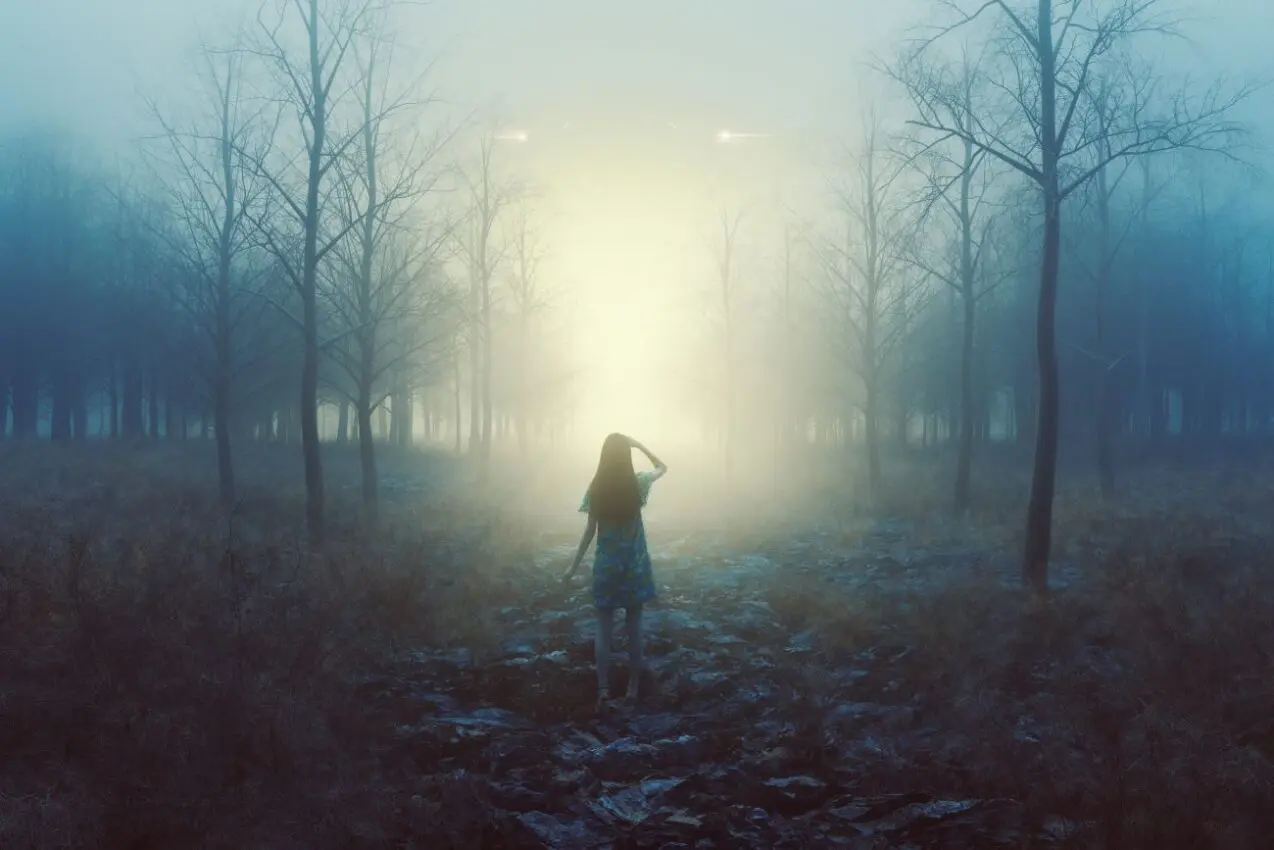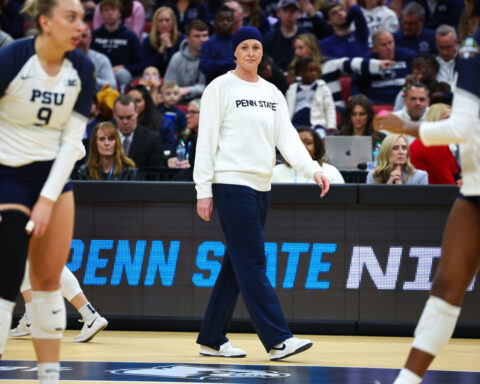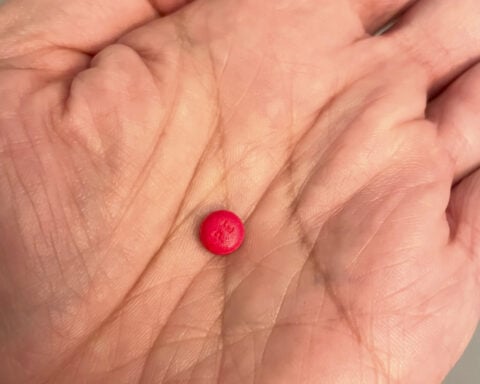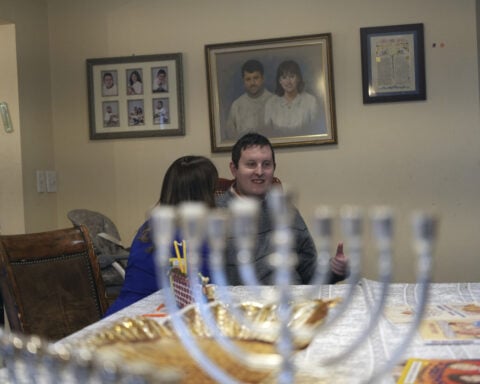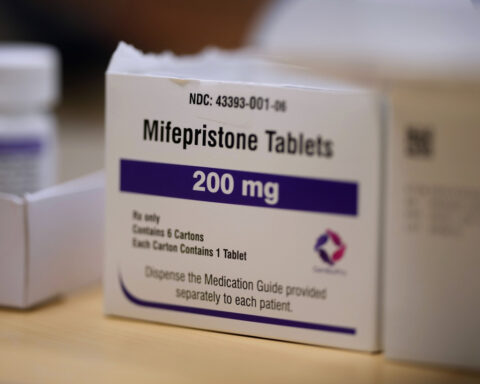Excessive scrolling and posting on social media apps like Instagram, TikTok, and Twitter may be infiltrating people's sleep in an alarming new way - by causing nightmares related to social media marketing. As social media becomes more woven into daily life, a recent study found a strong link between heavy social media use and experiencing vivid, disturbing dreams about online experiences like cyberbullying, hateful comments, or endless mindless scrolling on social media platforms used for marketing.
The research published in the journal BMC Psychology was conducted by an international team led by Flinders University's Reza Shabahang. They surveyed 595 adult social media users in Iran about their digital habits and sleep quality. To evaluate "social media-related nightmares", the researchers created a new 14-question scale called the Social Media Nightmare-Related Scale.
While the majority of participants did not report suffering these modern nightmares, there was a significant correlation - the more intensely someone used social apps during the day for excessive social media use, the more likely they were to toss and turn at night over upsetting online scenarios related to social media marketing. "Those who use social media more during their daily lives are more likely to have social media-related nightmares that are associated with negative mental health outcomes, such as anxiety, depression and sleep quality," Shabahang explained in a statement.
These findings come at a time of growing concerns about social media's impacts on physical and psychological wellbeing from excessive social media use. Many people readily admit they spend too much time doom scrolling through toxic comment sections, obsessively monitoring likes, and comparing themselves to gentrified depictions of others' lives on social media marketing channels. This obsessive online behavior is linked to problems like addictive behavior patterns, social media anxiety, disrupted sleep cycles, and deteriorating self-esteem.
The nagging presence of social media marketing seems to persist even when users power down devices for the night. "As social media becomes increasingly intertwined with our lives, its impact extends beyond waking hours and may influence our dreams," said Shabahang. He predicts these eerie technological nightmares about social media marketing activities will only become more prevalent as artificial intelligence, virtual reality, and digital integrations further entangle with everyday life.
So what's causing these bizarre bad dreams related to social media marketing? The researchers point to the general anxieties, stresses, and even traumas people encounter through social apps as the root. Cyberbullies spreading hate, bitter comment feuds between strangers, or even just feeling addicted to constant Scrolling can embed worrying thoughts that linger into the subconscious overnight and lead to social media sleep problems.
To prevent upsetting social media nightmares stemming from social media marketing, experts recommend being more mindful of digital habits and emotions surrounding social app use. Creating physical and mental space from devices before bed can allow the brain to disengage from the stresses of social media marketing. "You wake up tired, feel like you're on the back foot and you're not able to live the day at your best," said Rachel Beard, a sleep expert old News.com.au. She advises ending all screen time at least one hour before bedtime.
Instead of a final nighttime social media marketing check-in, Beard suggests winding down with relaxing activities like light reading, gentle stretching, or light tidying. Having a comforting pre-bed routine focused on physical self-care and a calm environment can override the negative thought patterns social media landscapes may inspire.
While most people use social apps without dreaming about their social media marketing efforts, the correlation reveals how profoundly these technologies impact the human experience - down to the bizarre nightmares they may induce. As digital life becomes even more ubiquitous, being intentional about moderating consumption of social media marketing and other online content may be key for living more fully in the present, and sleeping more soundly without social media-related sleep disturbances.

 FDA says decongestant in many cold medicines doesn't work. So what does?
FDA says decongestant in many cold medicines doesn't work. So what does?
 Nordstrom to be acquired by Nordstrom family and a Mexican retail group for $6.25 billion
Nordstrom to be acquired by Nordstrom family and a Mexican retail group for $6.25 billion
 CNN's Lauren Fox breaks down findings of House Ethics report on Matt Gaetz
CNN's Lauren Fox breaks down findings of House Ethics report on Matt Gaetz
 Bangladesh seeks extradition of ousted leader Sheikh Hasina from India
Bangladesh seeks extradition of ousted leader Sheikh Hasina from India
 Pandas An An and Ke Ke celebrate their 1st Christmas in Hong Kong
Pandas An An and Ke Ke celebrate their 1st Christmas in Hong Kong
 Hyatt in exclusive talks with Playa Hotels on options, including buyout
Hyatt in exclusive talks with Playa Hotels on options, including buyout
 An analyst looks ahead to how the US economy might fare under Trump
An analyst looks ahead to how the US economy might fare under Trump
 Shohei Ohtani wins 3rd AP Male Athlete of the Year award, tying Michael Jordan for 1 shy of record
Shohei Ohtani wins 3rd AP Male Athlete of the Year award, tying Michael Jordan for 1 shy of record
